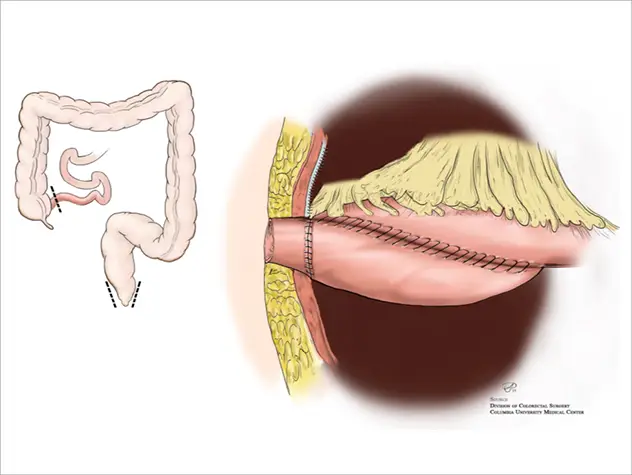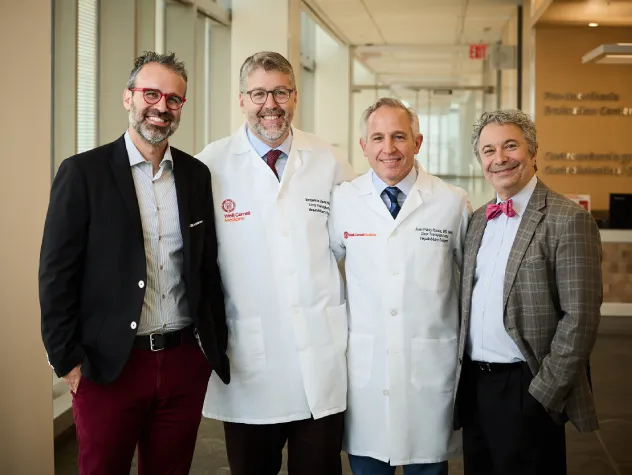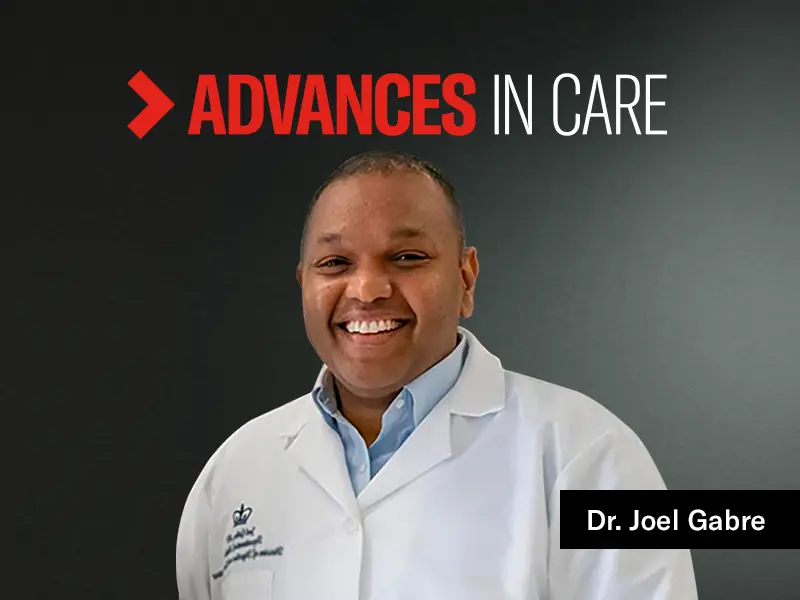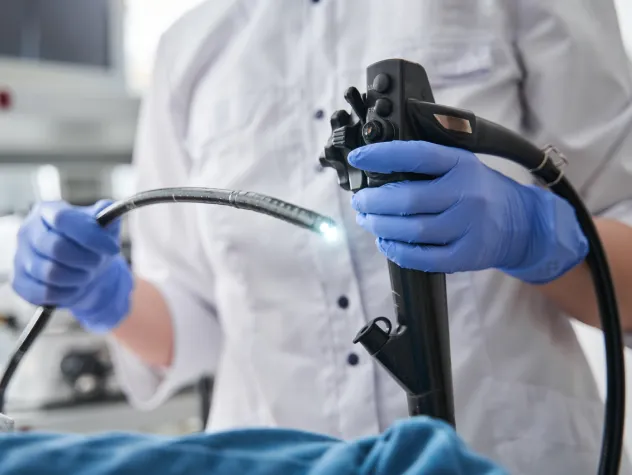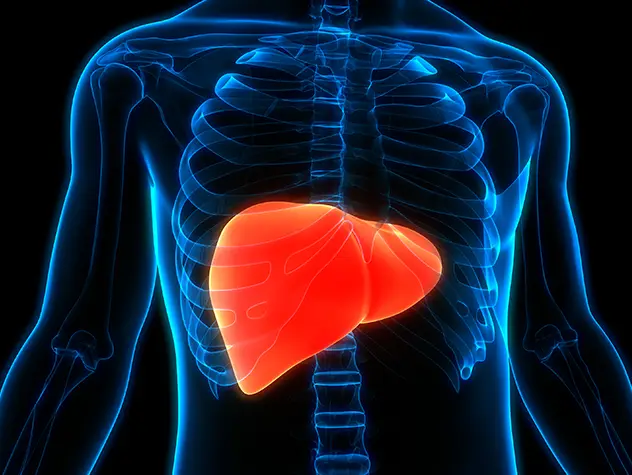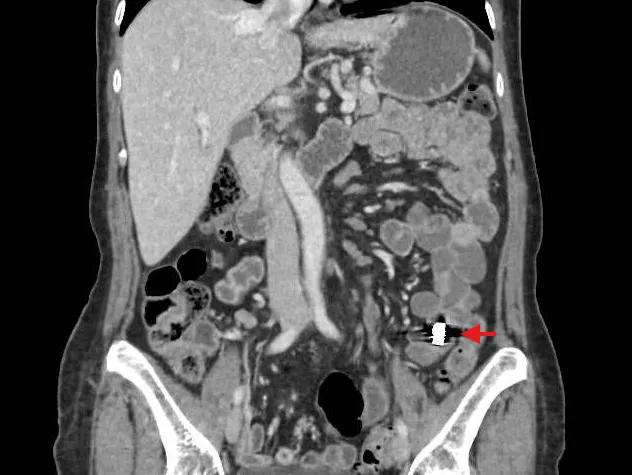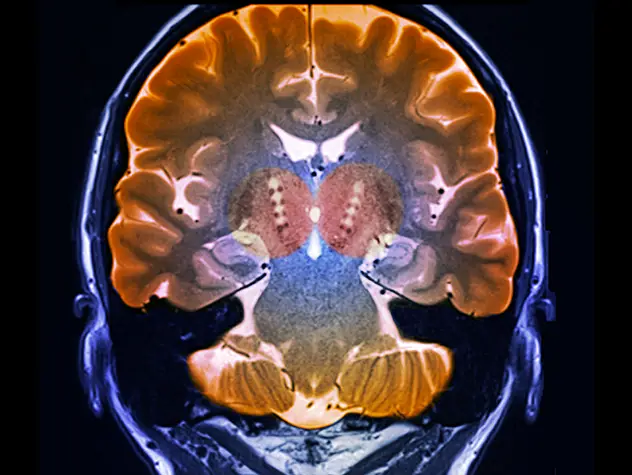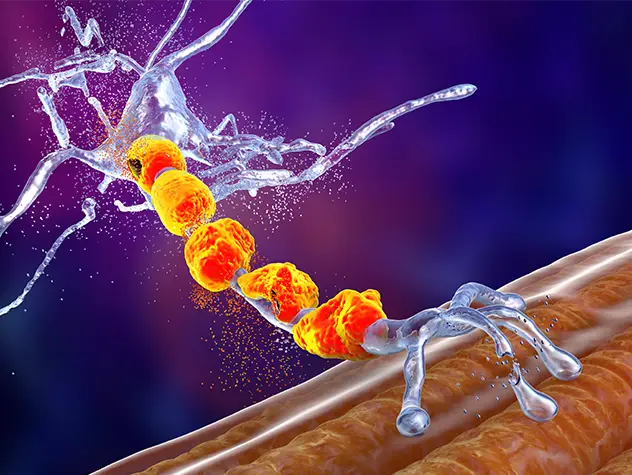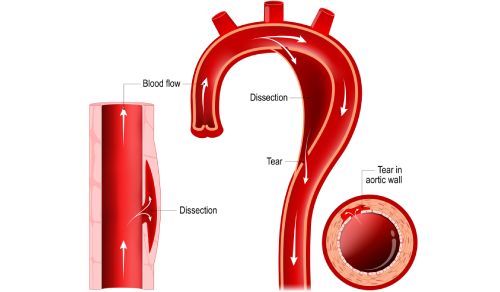The gastroenterologists, hepatologists, and colorectal surgeons at Columbia and Weill Cornell Medicine are renowned for their comprehensive clinical programs and innovative scientific research with expertise across the broad range of GI disorders. Our physicians use their highly specialized skills in advancing therapeutics and minimally invasive procedures to optimize quality of life for their patients.
Gastroenterology & GI Surgery
Featured Updates
A recent case series published in The Lancet demonstrates the promise of an experimental antisense oligonucleotide for a form of juvenile ALS.
The Latest




